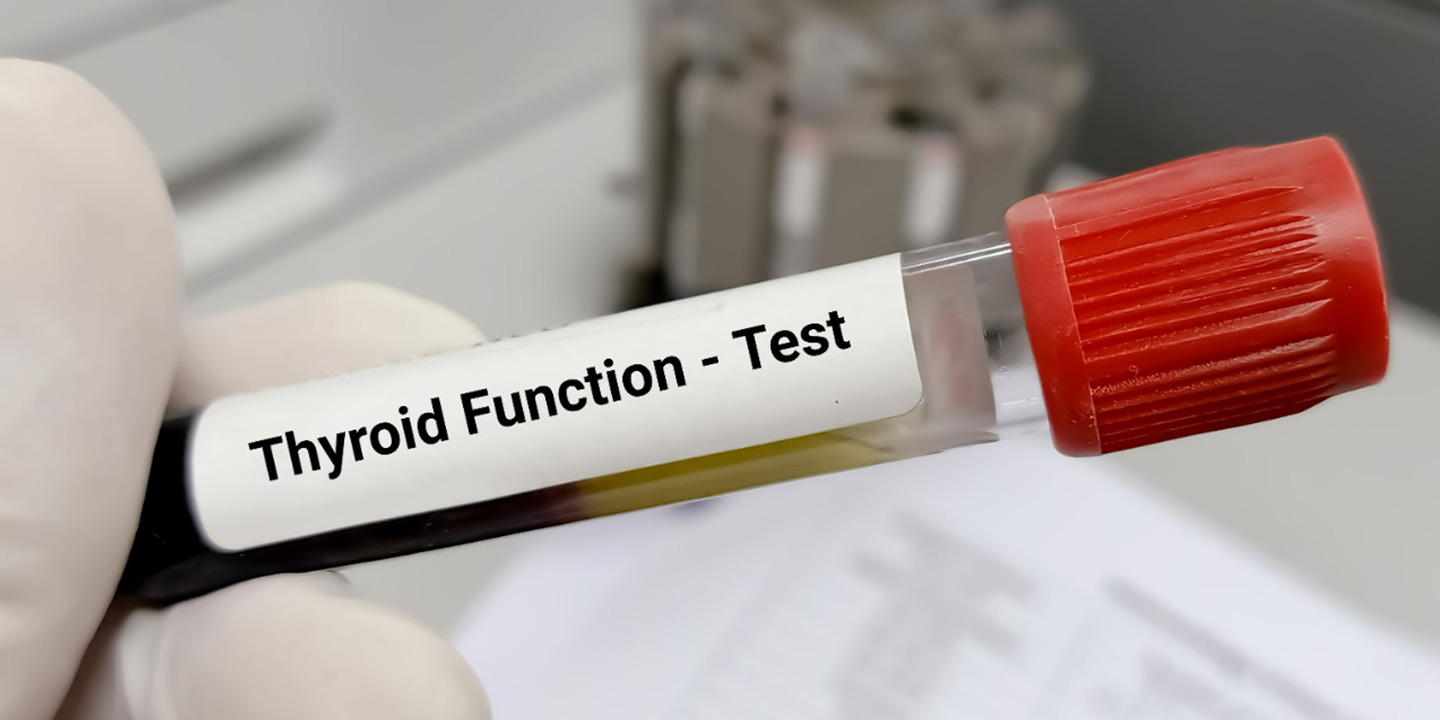Community plays a vital role in addiction recovery, providing support, accountability, and a sense of belonging. Recovery is a long and challenging journey, and the involvement of a supportive community can significantly enhance the chances of sustained sobriety. Understanding how communities contribute to recovery and the ways individuals can engage with them is crucial for effective addiction treatment.
Emotional and Psychological Support
Communities provide essential emotional and psychological support that can help individuals navigate the complexities of recovery:
- Sharing experiences with others who have faced similar struggles fosters empathy and understanding. This shared experience can be incredibly comforting and reassuring, helping individuals feel less alone.
- Encouragement from community members can boost morale and motivation. Celebrating milestones and progress with others reinforces the importance of recovery and provides a sense of achievement.
- Many recovery communities offer access to mental health resources, including counseling and therapy. Addressing co-occurring mental health issues is crucial for long-term recovery, and community support can facilitate access to these services.
Practical Assistance
Communities can also provide practical assistance that supports recovery efforts:
- Recovery communities often share resources such as information on treatment programs, sober living environments, and job opportunities. This practical support can make a significant difference in an individual’s ability to rebuild their life.
- Many communities offer workshops and programs focused on developing life skills, such as financial management, job training, and healthy living. These skills are essential for achieving independence and stability in recovery.
Creating a Sense of Belonging
A crucial element of recovery is the sense of belonging that comes from being part of a community:
- Engaging with a recovery community helps individuals build new, positive relationships that replace the negative influences associated with addiction. These connections provide a support network that can be relied upon in times of need.
- Being part of a community with shared goals and values reinforces the commitment to recovery.
Community-Based Recovery Programs
Various community-based recovery programs and initiatives play a significant role in supporting individuals in their recovery journey:
- These environments provide a structured, substance-free living situation where individuals can focus on their recovery. The sense of community within sober living homes helps residents support each other and maintain accountability.
- Local community centers often host recovery meetings, support groups, and wellness activities. These centers serve as hubs for recovery resources and social interaction.
- Many faith-based organizations offer recovery programs that incorporate spiritual guidance and support. These programs provide a sense of purpose and community for those who find strength in their faith.
Engaging with the Community
For individuals in recovery, actively engaging with the community can enhance their recovery experience:
- Volunteering within the community helps individuals give back and find meaning in their recovery. It fosters a sense of purpose and connects them with others who are making positive contributions.
- Attending community events, such as recovery rallies, workshops, and social gatherings, provides opportunities to connect with others and build a supportive network.
- Finding a mentor within the recovery community can provide guidance, support, and inspiration. Mentors can share their experiences and offer practical advice on navigating the challenges of recovery.
The role of the community in addiction recovery is multifaceted, providing emotional support, practical assistance, and a sense of belonging.
Keep an eye for more latest news & updates on Internal Insider!










